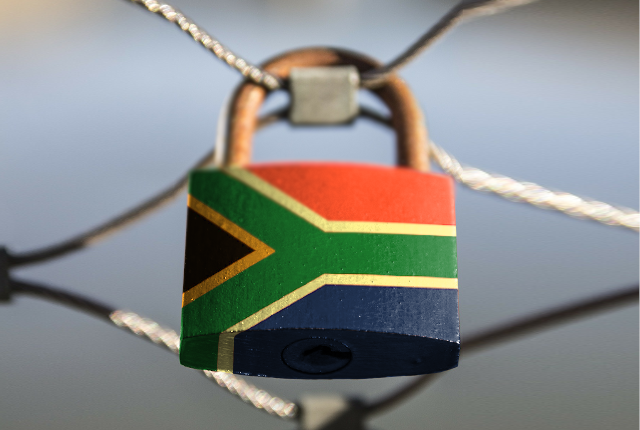By CAROLINE SOUTHEY, founding editor, The Conversation Africa
Interviewees: MIRIAM MAINA, research associate (African Cities), University of Manchester and SARITA PILLAY, PhD Student at South African Research Chair in Spatial Analysis and City Planning, University of the Witwatersrand
When SARS-CoV-2 emerged in South Africa, the country took measures to restrict people’s movements and activities to slow the spread of infections. There were various levels of restrictions, the most severe being in place in March and April 2020.
During this “hard lockdown”, many people in South Africa really struggled. Not only did they have financial difficulties, but the lockdown took an emotional and mental toll. The common themes, no matter where people lived, were feelings of anxiety, frustration and isolation. And as lockdown went on, those feelings got worse.
In this episode of Pasha, Sarita Pillay, a PhD student at the University of the Witwatersrand, and Miriam Maina, a research associate at the University of Manchester, take us through their research on this lockdown toll.
The researchers got their information from multimedia diary entries made during the “level 5” lockdown. Their informants were people living in various dwelling types, households and urban neighbourhoods. The entries recorded participants’ daily experiences, concerns and feelings.
Much of the anxiety people felt came from the fact that it was an unknown virus. People didn’t know how it would affect them. They also worried about people breaking lockdown regulations. The economic impact of the lockdown was a concern; food security was a big issue.
Feelings of isolation and frustration came from being alone. It didn’t help that people were separated from their daily routines.


